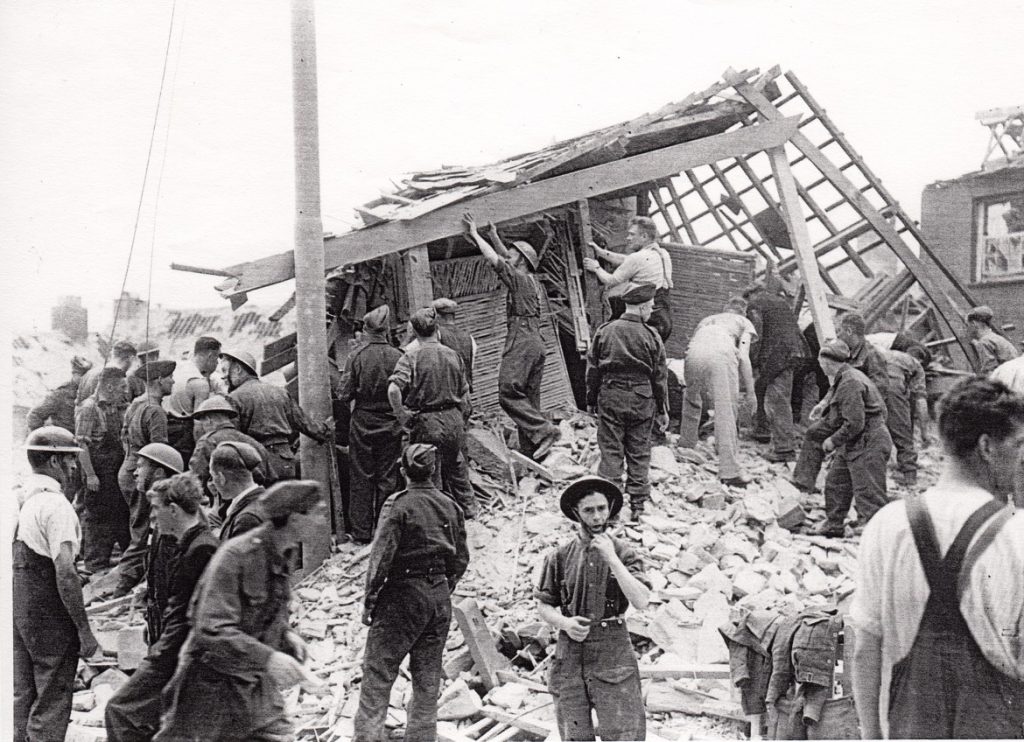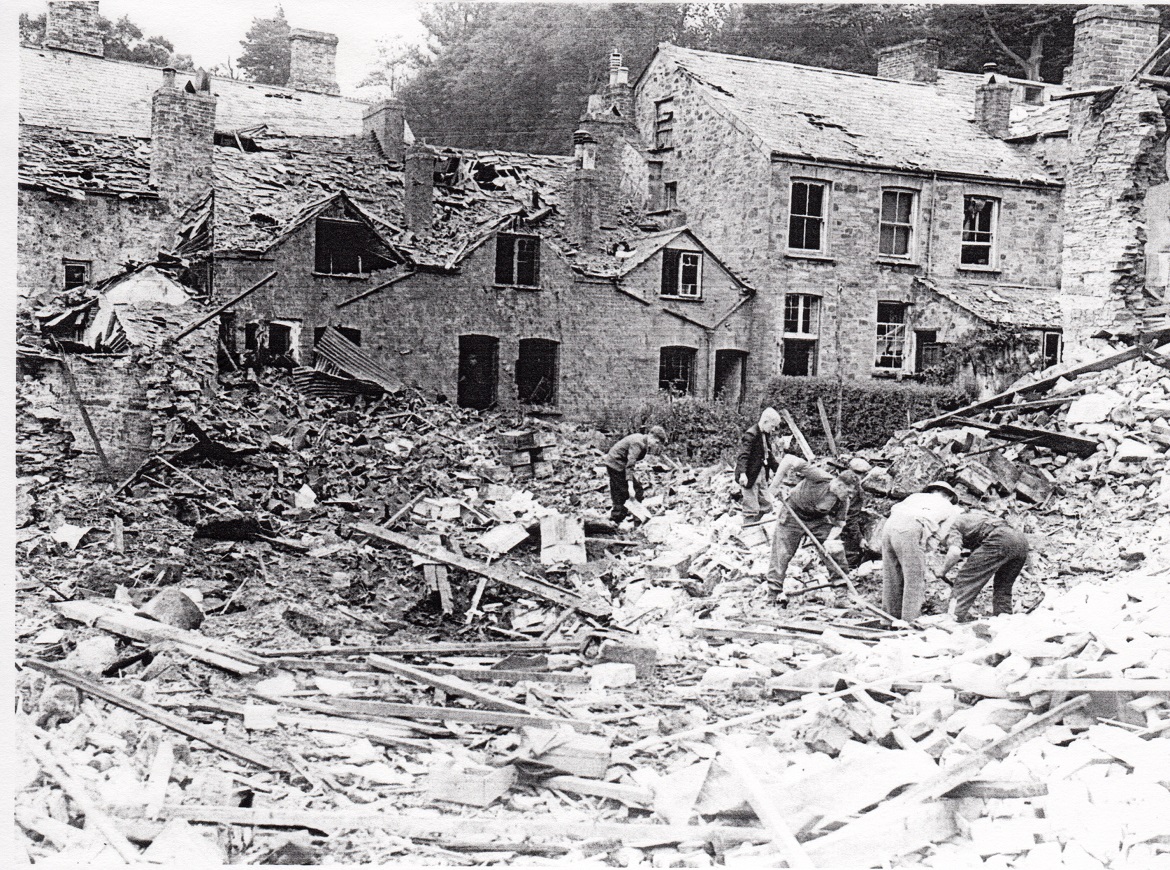The Blitz
WWII is called a ‘total war’ because the conflict reached civilian areas. Little is understood about the effect of the bombing campaigns across England on the mental health of civilians. Limited investigation was undertaken at the time. Myths circulated that British people were able to cope with their ‘Blitz spirit’. Government surveys suggested there was no significant rise in psychiatric casualties or collapse in public morale.


Historians now doubt that 40,000 civilian deaths, 139,000 wounded, and millions of destroyed homes could leave so little impact. Aubrey Lewis completed the government report on the issue. He warned that the full impact of the bombings would be delayed and that “the evil harvest may be reaped afterwards”.
In 1941, Tom Harrisson wrote to the British Medical Journal. He suggested that doctors had missed an epidemic of mental health disorders due to the air raids. Harrison believed that the British ‘stiff upper-lip’ culture created a social stigma. He argued that people were unwilling to visit their doctors and instead would suffer in silence. This is still an issue today.
